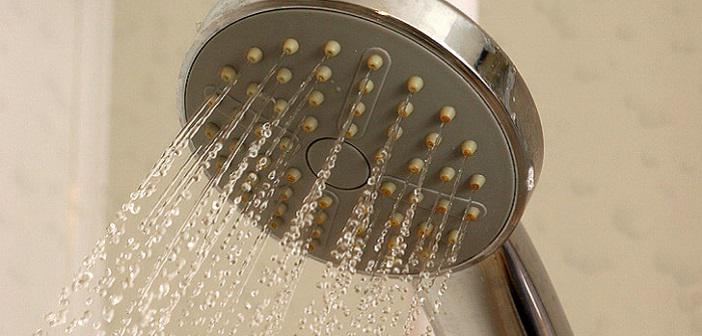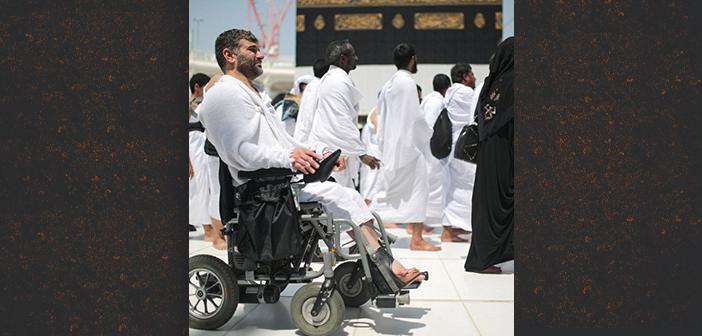How is ghusl performed in accordance with the sunnah?
Ghusl means the ritual cleaning required to be purified from the state of major ritual impurity such as janabah, menstruation, and postnatal period. It is stated in the Holy Qur’an, “If you are in a state of ceremonial impurity, bathe your whole body.” (Nisa, 4/43; Ma’idah, 5/6). In the sunnah of Prophet Muhammad (saw), it is also commanded to perform ghusl when a person becomes junub after wet dream or sexual intercourse, or after menstruation and postnatal period (Bukhari, Ghusl, 22, 28; Muslim, Haidh, 87, 88; Abu Dawud, Taharah, 127).
Ghusl is performed by taking water into mouth and gargling to the throat, taking water into nose, and washing whole body until no dry part is left. The practices mentioned here are the fardhs of ghusl according to Hanafis. If one of these are missing, ghusl will be invalid. Other than these fardhs of ghusl, it has sunnah acts as well.
Ghusl is performed as follows with its sunnahs as follows:
A person who wants to perform ghusl makes intention (niyyah) and recites the Basmalah. He washes his hands, cleans his body from any filth/physical impurity, if any, and washes his private parts. Then he takes water into his mouth three times with his right hand and gargles completely. Afterwards, he takes water into his nose for three times, cleans it, and then completes the ghusl like minor ablution. After that, he washes every part of his body thoroughly. Finally, he washes his feet in case of accumulation of water in the place where the ghusl is performed, and thus completes the ghusl.
Source: Presidency Of Religious Affairs The Turkey, High Board of Religious Affairs FATWAS




